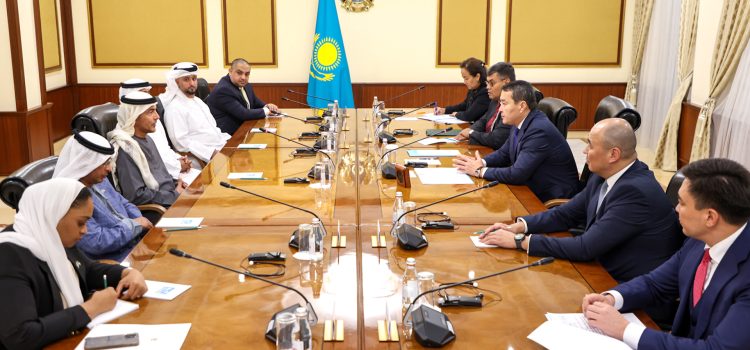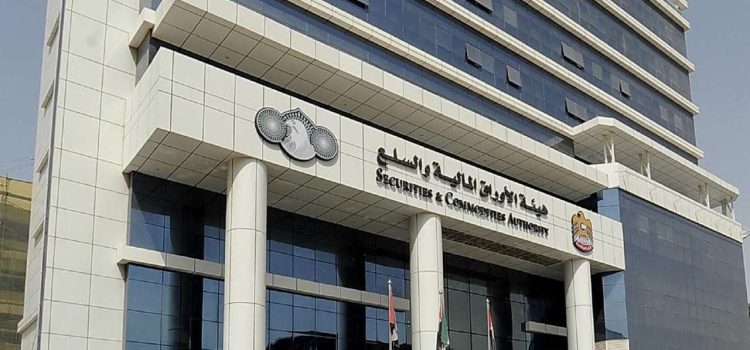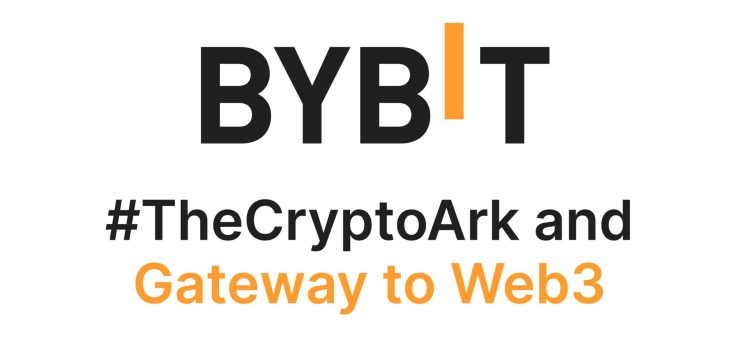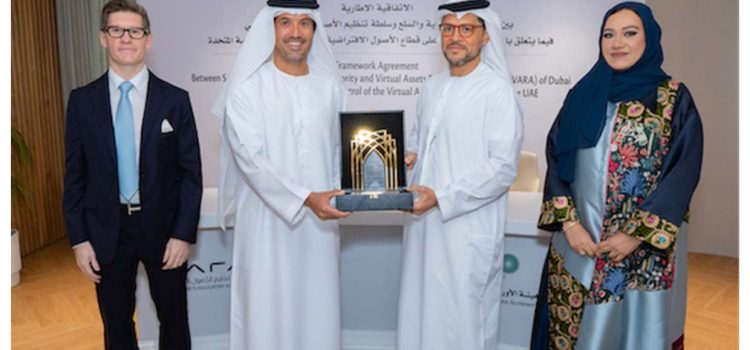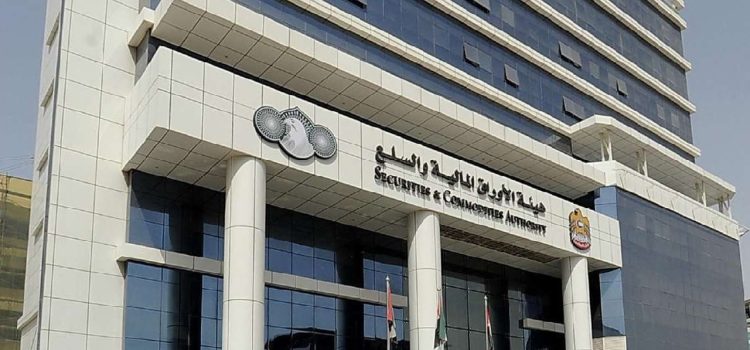UAE Securities and Commodities Authority (SCA ) publishes the Cabinet Resolution No. (111)of 2022 regarding the regulation of virtual assets and their service providers and has noted which entities it will regulate and the penalties that can reach $2.7 million.
As per the resolution, the regulation of virtual assets and their providers will be overseen in the UAE by the Securities and Commodities Authority, as well as the Central Bank of the UAE. It will also include local licensing authorities that include free zones, and financial free zones.
As per the resolution virtual assets are defined as a digital representation of the value that can be traded or transferred digitally, can be used for investment purposes, and does not include digital representations of paper currencies, securities or other funds.
The activities that fall under virtual assets include the provision of virtual asset services in the UAE.
As for virtual assets service providers , they are any legal person practicing one or more activities related to virtual assets or the related processes for the benefit or on behalf of a person, such as the operator of the virtual assets platform, the broker of virtual assets and the custodian of virtual assets, and any other activities in accordance with the provisions of this Resolution.
The resolution defined Virtual Assets Platform as a digital platform for listing, trading and transferring ownership of virtual assets, conducting related clearing and settlement processes, and storing and saving information and data through distributed ledger technology or any other similar technology.
According to the resolution it aims to develop the legislative system of the virtual assets sector in the State, its related activities and service providers in a way that defines and guarantees the rights and duties of all related parties.
The resolution will also regulate the virtual assets sector in the State and its related activities and service providers and will be compliant with all all provisions of the Federal Decree-Law No. (20) of 2018 concerning Combating Money Laundering Crimes, Combating Financing of Terrorism and Financing of Illegal Organizations, as amended, and its executive regulations and applicable legislations related to the sector.
The resolution also seeks to protect investors in virtual assets from illegal practices.
The virtual asset regulation will cover all entities within the UAE including free zones, except for those within financial free zones such as ADGM and DIFC, which work with entities offering digital securities and digital commodity contracts.
There is an exception for entities working in the virtual assets for payment purposes, and stored value facilities. They will fall under the jurisdiction of the Central Bank of UAE. However virtual asset platforms are not included under Central Bank jurisdiction.
As per the decision no one can engage in virtual asset activities unless they are licensed. The UAE Securities and Commodities Authority will offer licenses for the following activities:
a. provision of Virtual Asset Platform operation and management services;
b. provision of exchange services between one or more forms of virtual assets;
c. provision of Virtual Asset transfer services;
d. provision of brokerage services in trading operations in Virtual Assets;
e. provision of Virtual Asset custody, management, and control services; and
f. provision of financial services related to offering and/or selling by the issuer to the Virtual assets, or participating in providing those services.
Licensed entities must meet minimum requirements such as not being a sanctioned or on terrorism lists especially those concerned with combating money laundering and combating the financing of terrorism and illegal organizations, and not be subject to any criminal investigations within or outside the State during the submission or study of the application for registration, and that no final judicial judgment has been rendered against him in the crime of money laundering, financing terrorism, or financing illegal organizations;
In addition the entities seeking license need to implement technical systems that are able to protect investor data in accordance with international best practices, current technology and/or cybersecurity standards.
These entities also need to meet the capital requirements and conditions, credit guarantees, insurances, compliance management systems and other rules in accordance with the executive resolutions issued by the Authority.
Finally the UAE SCA has the authority to suspend listing or trading virtual assets, or the technologies used by these services providers, or the operation of virtual asset platforms.
The authority can impose financial fines not exceeding AED (10,000,000) ten million AED equivalent to $2.7 million.
This is the first time that the UAE has endorsed its onshore virtual asset regulations, it will now be time to see who can meet these regulations and who will not.










